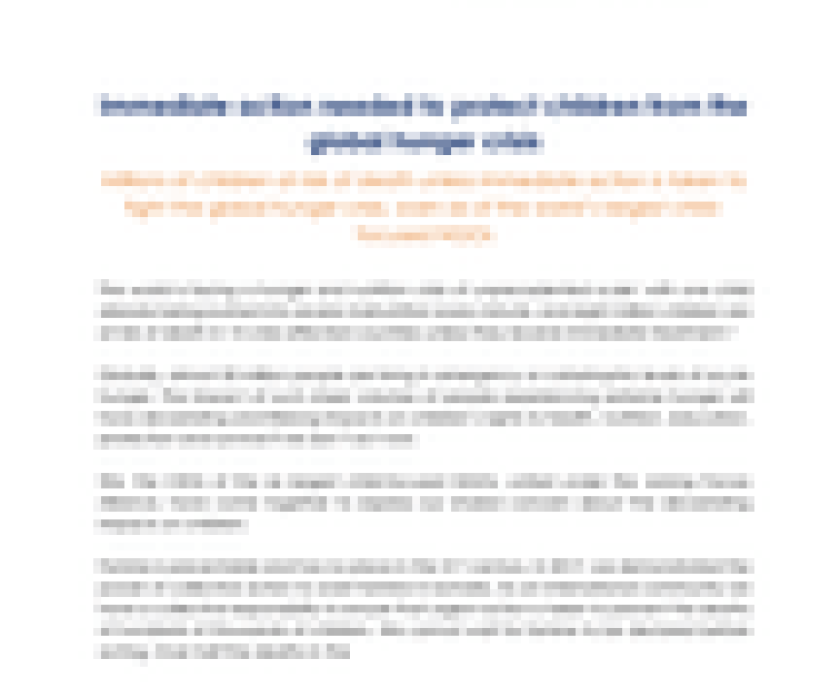Click to expand Image
Migrants on a boat that they tried to take to Italy, after being detained at a Libyan Navy base in Tripoli on September 20, 2015.
© 2015 Reuters
As the pandemic consumes Europe’s attention, a struggle for survival is taking place in the central Mediterranean.
Since the start of 2021, at least 185 people have died in the stretch of waters between north Africa and Italy. Italian and European Union (EU) policies are costing lives at sea and condemning many others to suffering in Libya.
The central Mediterranean has long been the deadliest migration route in the world, with over 17,400 lives lost between 2014-2020. Last month, the UN Human Rights Committee found that Italy had failed to respond to a boat in distress in 2013, causing the death of at least 200 people, including 60 children. While Italy had direct primary responsibility in that case, the EU as a whole, bears responsibility for the tremendous death toll at sea.
EU institutions and states have progressively abdicated responsibility for search and rescue in these treacherous waters. The EU naval mission deliberately patrols away from areas where it might encounter boats in distress. Non-governmental rescue organizations that try to fill the gap face smear campaigns, administrative obstacles, and even prosecution. Italy, Malta, and the EU border agency, Frontex, seem more interested in helping Libyan forces intercept boats than ensuring timely rescues and disembarkation in a safe port.
In the past two months, the Libyan coast guard intercepted at least 3,700 people and returned them to Libya, where they face indefinite, arbitrary detention and the real risk of sexual violence, torture, forced labor, and extortion. The number is significantly more than those taken back during the same period in 2020.
Everyone agrees that Libya is not a safe place, but that hasn’t stopped the EU from funneling money and technical support to the abusive coast guard units nominally under authorities in western Libya. In the past five years, that support has allowed Libyan forces to intercept and send back to Libya over 66,000 people.
This cycle of suffering and death can be averted. The European Commission and EU countries should ensure robust EU governmental search and rescue capacity in the Mediterranean and support, not obstruct, other rescue efforts. They should also enact international cooperation agreements to minimize the number of people disembarked in Libya and evacuate more people directly from Libya to save them from the deadly journey. Ultimately, the best way to saves lives is to expand safe and legal channels for refugees and other migrants.




